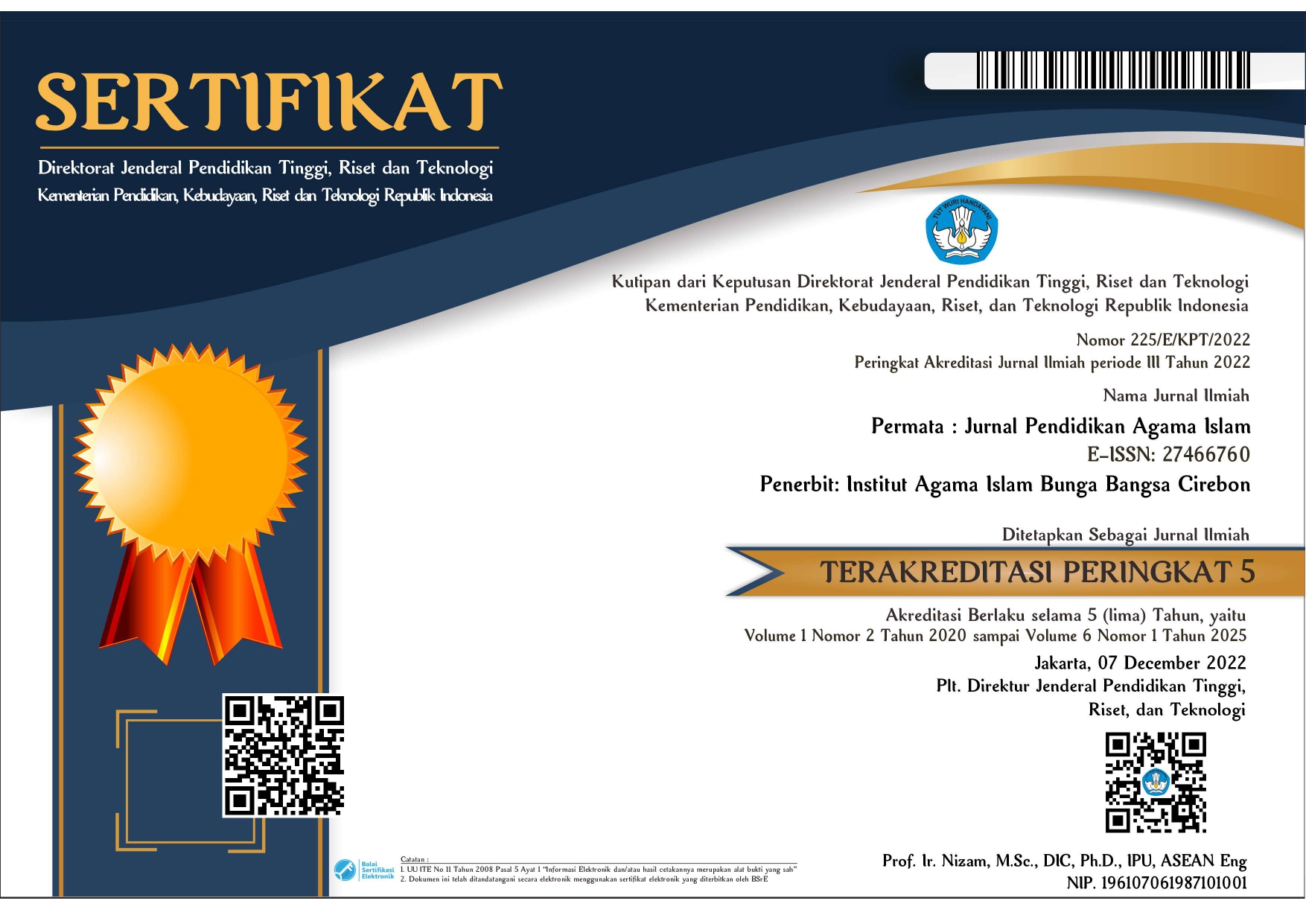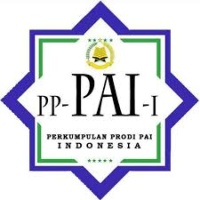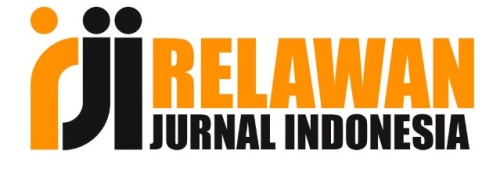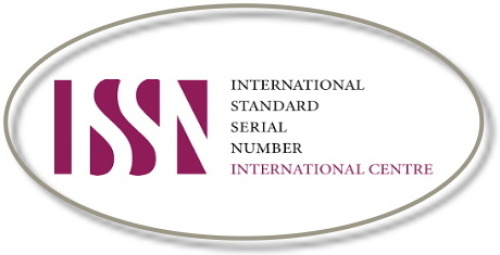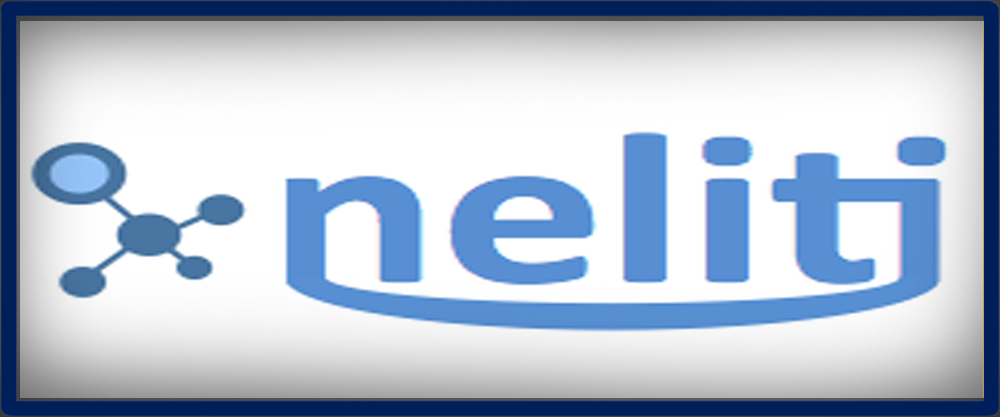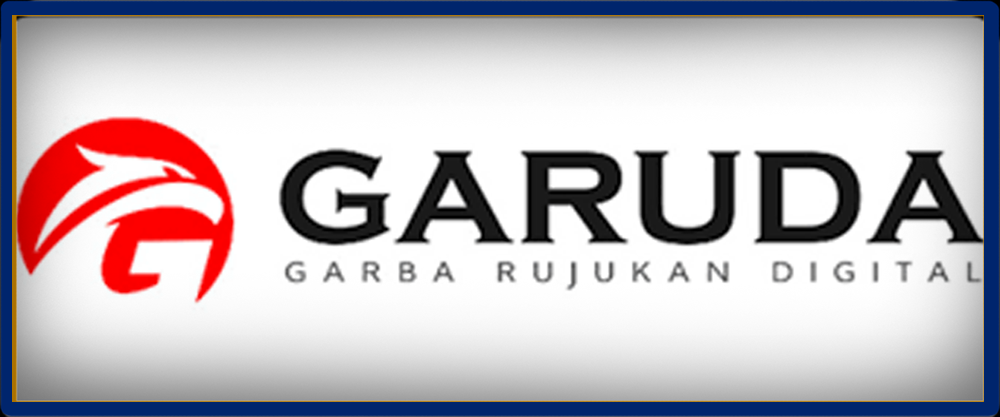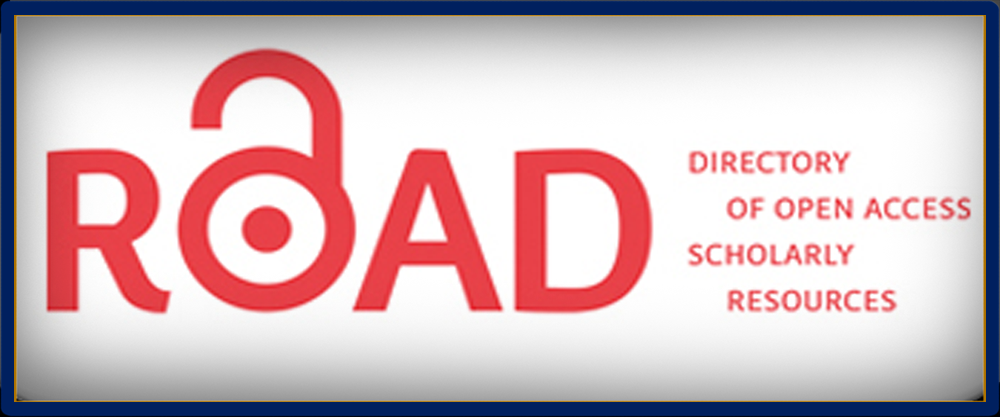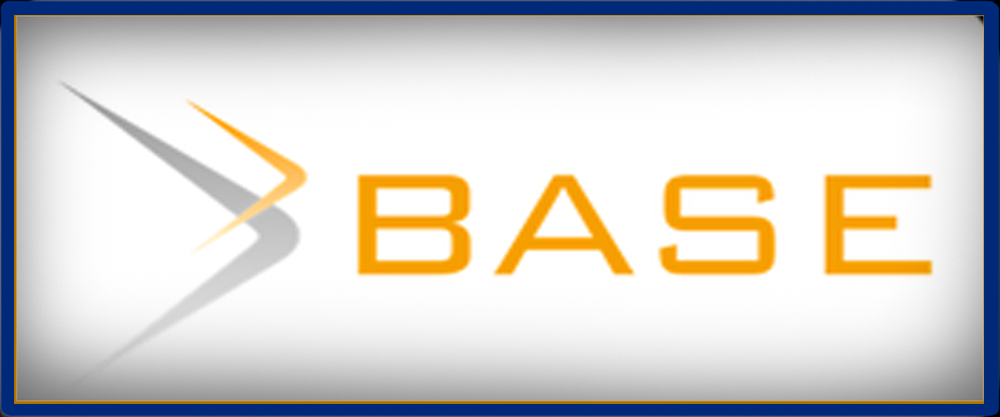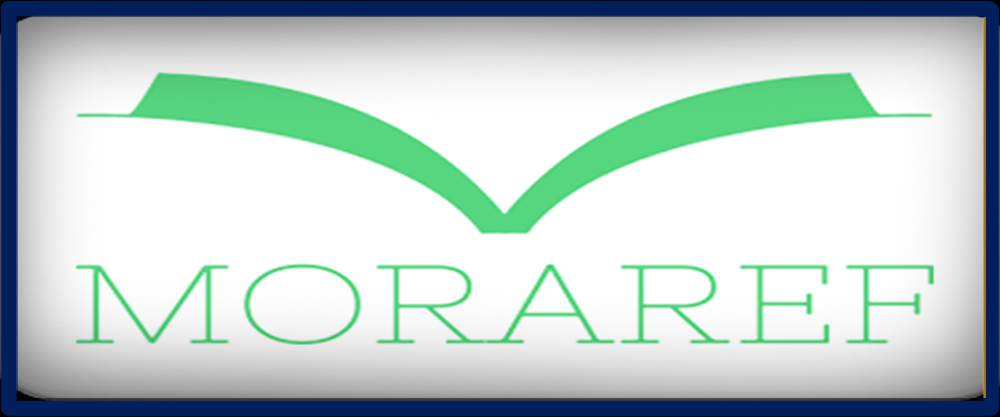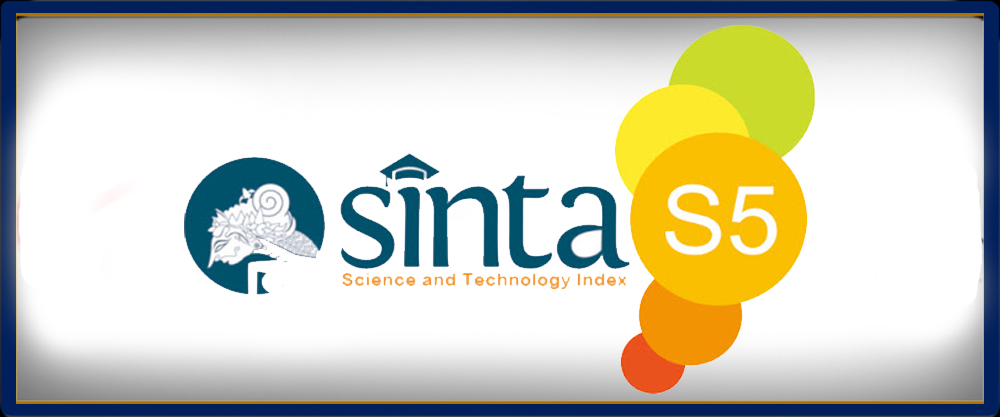Aktualisasi Pendidikan Moral sebagai Nilai Daya Saing dalam Peningkatan Kualitas Moral Bangsa
Abstract
Moral education is a series of basic moral principles and virtues of attitude and character (Tabi'at) that must be owned and made a habit by the child from the time of beginners until he becomes a Mukalaf, which is ready to sail the sea of life. Competitiveness is the capacity of a nation to face the challenges of international market competition and still maintain or increase its real income. To have competitiveness in improving the quality of the nation through education, of course, we must not forget our responsibility to the moral of the nation.
Therefore, moral education is very important. Psychologically and socio-culturally, moral education in the individual is a function of all its potential (cognitive, affective, and psychomotor), in the context of socio-cultural interaction (in the family, school, and community), which lasts throughout life.
Keyword: Moral Education; Competitiveness; Moral Nation.
Abstrak
Pendidikan moral adalah serangkaian prinsip dasar moral dan keutamaan sikap serta watak (tabi’at) yang harus dimiliki dan dijadikan kebiasaan oleh anak sejak masa pemula hingga dia menjadi seorang Mukalaf, yakni siap mengarungi lautan kehidupan. Daya saing adalah kapasitas bangsa untuk menghadapi tantangan persaingan pasar Internasional dan tetap menjaga atau meningkatkan pendapatan riil-nya. Untuk memiliki daya saing dalam peningkatan kualitas bangsa lewat jalur pendidikan, tentunya tidak boleh melupakan tanggung jawab kita terhadap moral bangsa.
Oleh karena itu, pendidikan moral sangat penting. Secara psikologis dan sosial kultural, pendidikan moral dalam diri individu merupakan fungsi dari seluruh potensinya (kognitif, afektif, maupun psikomotorik), dalam konteks interaksi sosial kultural (dalam keluarga, sekolah, dan masyarakat), yang berlangsung sepanjang hayat.
Kata Kunci: Pendidikan Moral; Daya Saing; Moral Bangsa.
Downloads
References
Afriantari, V. L., Haida, N., & Lasmana, M. I. (2022). Entrepreneurship Technology in Sharia Economic Perspective. ICOBBA_2021, 441-445.
Khozin, A. A., Pratama, F. A., Ridwan, M., Amin, N. M. F., & Lesmana, T. (2022). Inflation and the Stability of Islamic Finance. ICOBBA_2021, 404-409.
Marleni, E., Mustoip, S., & Sulkhah, S. (2024). Implementation of the Literacy Movement in Shaping Student Character in Elementary School. EduBase: Journal of Basic Education, 5(2), 120-130.
Munajim, A., Pratama, F. A., Ridwan, M., & Rohimah, I. (2022). The Operations of the Bank Wakaf Micro Indonesia with the Scheme for the Economic Empowerment of the People. ICOBBA_2021, 1-6.
Nasir, A., Busthomi, A. O., & Rismaya, E. (2022). Shariah Tourism Based on Local Wisdom: Religious, Income, Motivation, Demand and Value of Willingness to Pay (WTP). International Journal Of Social Science And Human Research, 5(08), 3811-3816.
Pratama, F. A., Ridwan, M., Yulianti, N., Ratnawati, R., Maulana, A., & Masitoh, S. I. (2022). Implementasi Persamaan Fungsi Non Linier Dalam Matematika Bisnis Pada Kehidupan Sehari-Hari. Change Think Journal, 1(03), 289-299.
Pratama, G. (2022). Comparative Study of The Empowerment of Zakat BAZNAS Indonesia and PPZ Malaysia. ICOBBA_2021, 212-216.
Putri, Y. D. S., Mustoip, S., Nisa, D. H., & Ramadhani, N. U. (2024). Implementation of Audiolingual Methods in Understanding Arabic Color Concepts in Class I SDIT Alif Mardiyah. JPS: Journal of Primary School, 1(2), 1-6.
Ridwan, M., Motik, D. P., & Nurwahid, H. I. (2022). Afzalur Rahman's Thinking Concept: Relevance with Worker Ethics According to Global Standards. ICOBBA_2021, 322-329.
Selasi, D., Agustiani, L. R., & Vidiati, C. (2022). Upaya Mengubah Pendapatan Usaha Mikro Kecil Menengah (UMKM) Melalui Digital Marketing. Jurnal Multidisiplin Madani, 2(3), 1247-1258.
Selasi, D., Munajim, A., & Komala, S. I. (2022). The Digitization of Islamic Philanthrophy In the Islamic Capital Market in Indonesia. ICOBBA_2021, 166-174.
Selasi, D., Munajim, A., & Komala, S. I. (2022). The Digitization of Islamic Philanthrophy In the Islamic Capital Market in Indonesia. ICOBBA_2021, 166-174.
Selasi, D., Muzayyanah, M., Tatmimah, I., Sari, F., & Indriyani, R. (2022). Contribution of Islamic Capital Market to National Capital Market. INCOME: Innovation of Economics and Management, 2(1), 1-7.
Selasi, D., Vidiati, C., & Munajim, A. (2022). Pertumbuhan Bank Syariah di ASEAN: Dalam Sejarah The Growth of Islamic Banks in ASEAN: In History. Ecobankers: Journal of Economy and Banking, 3(2), 157-171.
Selasi, D., Vidiati, C., & Munajim, A. (2022). Pertumbuhan Bank Syariah di ASEAN: Dalam Sejarah The Growth of Islamic Banks in ASEAN: In History. Ecobankers: Journal of Economy and Banking, 3(2), 157-171.
Selasi, D., Vidiati, C., & Sumarno, S. (2022). Pasar Menabung Saham Pada Pasar Modal Indonesia. Ecopreneur: Jurnal Ekonomi dan Bisnis Islam, 3(1), 68-77.
Selasi, D., Vidiati, C., & Tardjono, T. (2022). Sharia Capital Market: Securities Fatwa, Derivative Securities and Mechanisms. IJOBBA: International Journal of Bunga Bangsa Cirebon, 1(1), 1-24.
Selasi, D., Virdiati, C., Munajim, A., & Sujata, T. (2022). Kesejahteraan Masyarakat: Analisa Kualitatif Sistem Keuangan Komersial Islam-SIstem Keuangan Sosial Islam di Indonesia.
Stefanus, S., & Ridwan, M. (2022). Analisis Strategi Marketing Syariah Untuk Meningkatkan Omset Penjualan Pada Era Globalisasi Di Toko Emas Pantes Sindang Laut Kabupaten Cirebon. Change Think Journal, 1(01), 87-95.
Vidiati, C., Al-Ghozali, M. I., Faturrizky, I., Selasi, D., Munajim, A., & Tardjono, T. (2022). Effects of the Money Market and the Need for Knowledge of Interest Rates and the Foreign Exchange Market for Benefit: Evidence In Indonesia. IJOBBA: International Journal of Bunga Bangsa Cirebon, 1(1), 37-60.
Vidiati, C., Hendra, E., Selasi, D., & Sumarno, S. (2022). Menilik Tas’ ir Keadilan dan Maslahah. Ecopreneur: Jurnal Ekonomi dan Bisnis Islam, 3(1), 78-92.
Wartoyo, W., Haida, N., Mujab, S., & Umam, M. K. (2022). Sharia Marketing Model Pada Bisnis Laundry Syariah (Case Study Pada Zada Laundry Syariah Sumber Cirebon). PROFIT: Jurnal Kajian Ekonomi Dan Perbankan Syariah, 6(1).


